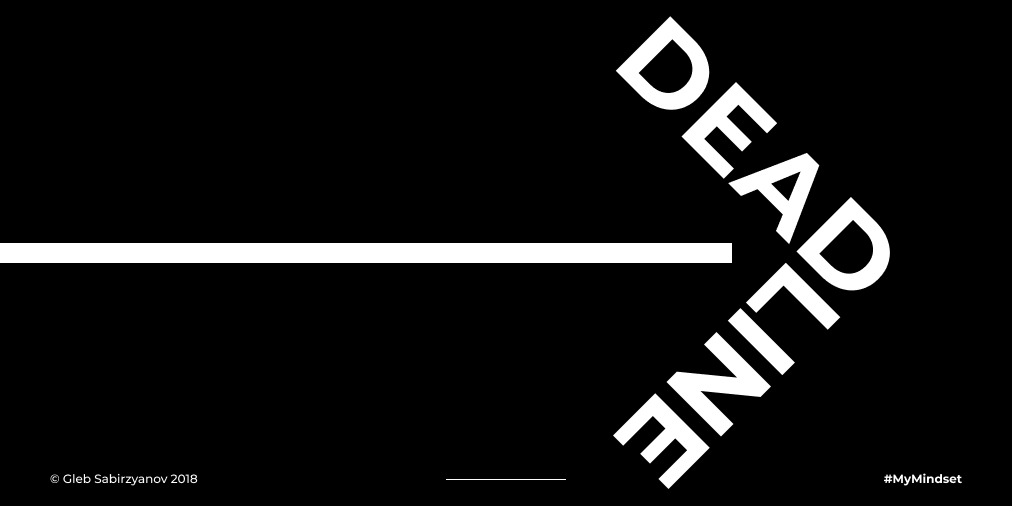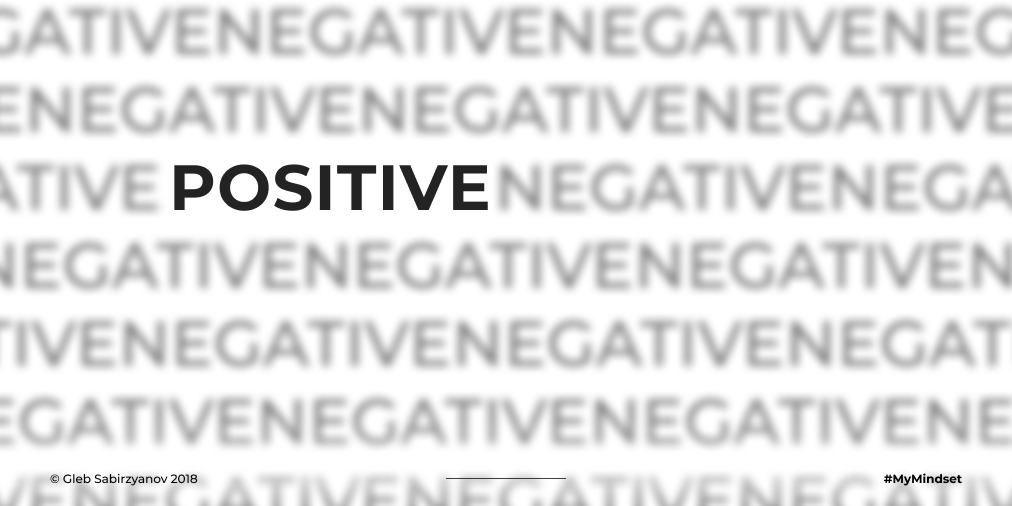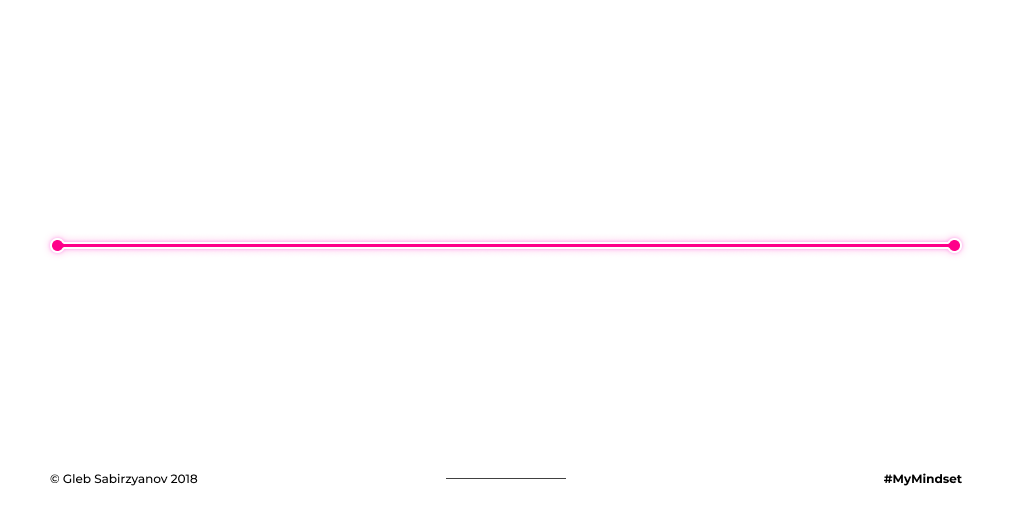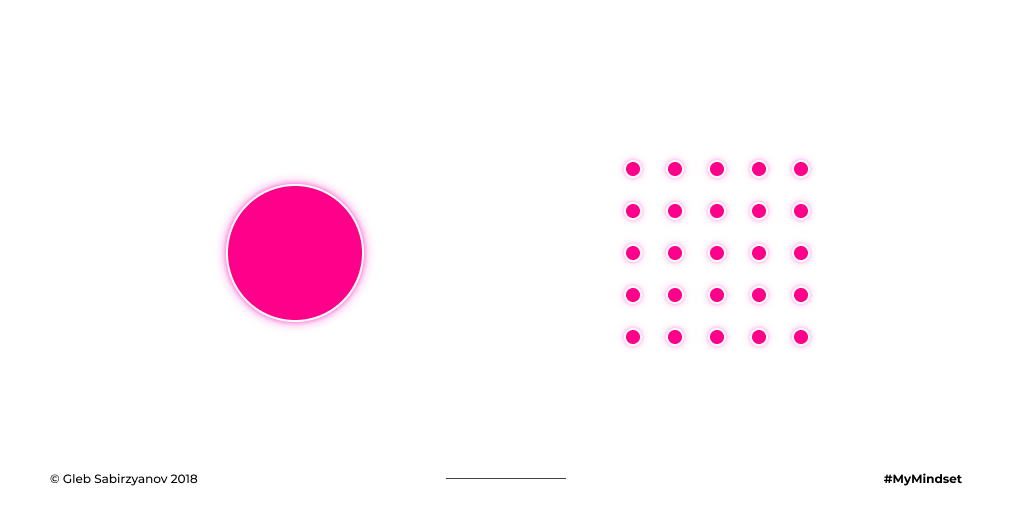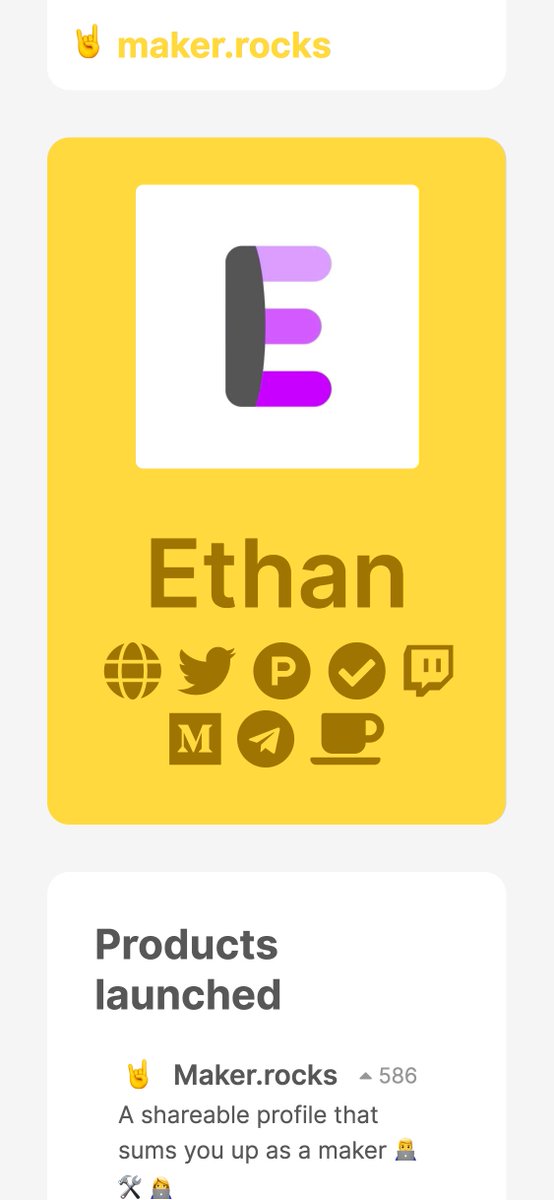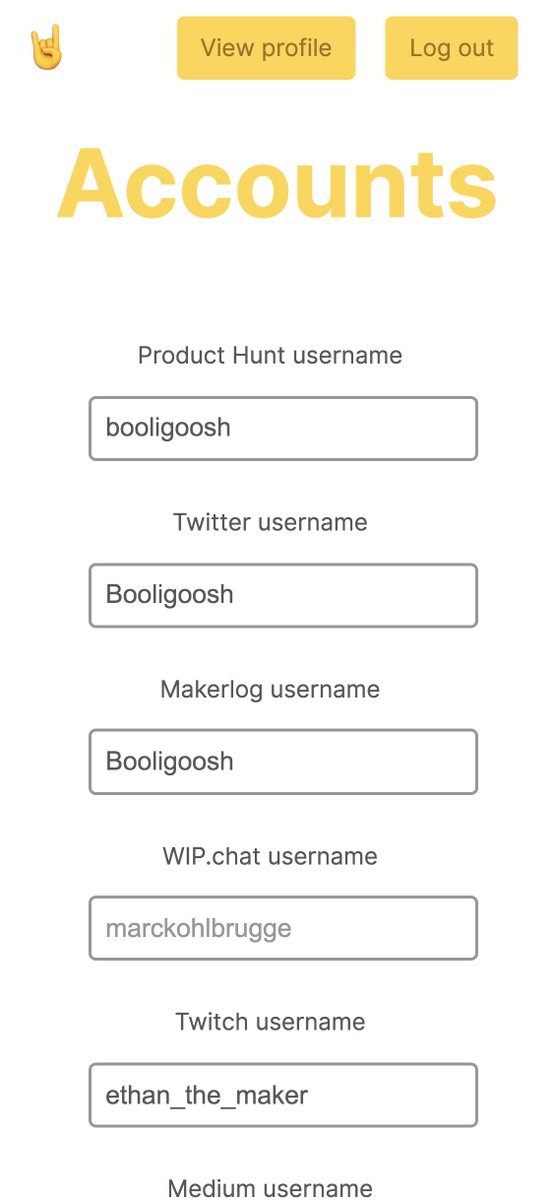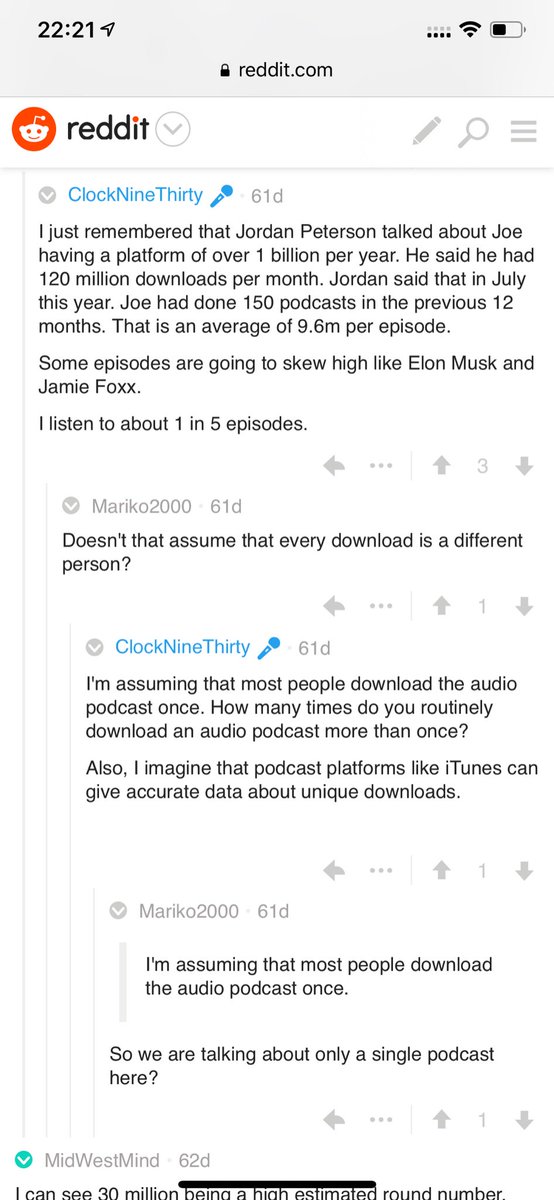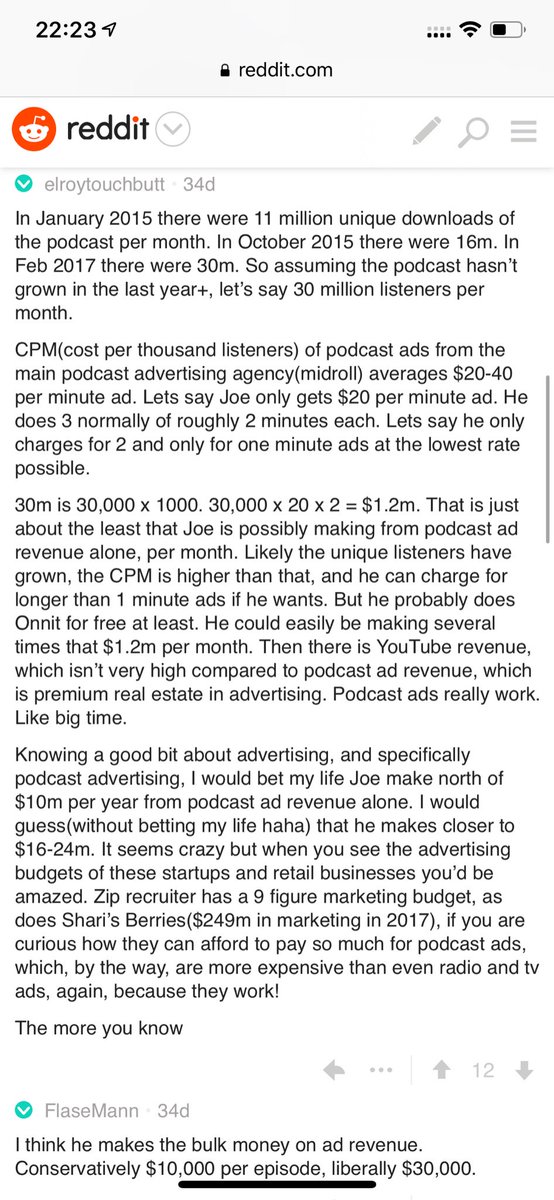Startups fixed the problem of innovation, that corporations lack.
In big, slow corporations, innovation is a RISK and distraction from the core $$$ profitable business.
Agile startups could launch, iterate fast and eventually stumble upon new growing market opportunities.
However,
When a startup reaches product-market-fit, it has to 🚀 "grow at all costs" and reach market dominance before some giant corporation can replicate their new product and distribute it to their existing giant customer base.
Startup's "growth at all costs" often means growth at the expense of charging customers $$$ money.
Hence, to be sustainable, startups have to constantly chase investor money.
Startup teams spend more time finding and pleasing investors, than finding and pleasing customers.
95% of startups die because they run out of (investor) money + no business model + crazy investor expectations.
Same way corporations die, when unable to adjust to new technology and market shifts.
Maker movement is fixing the problem of financial sustainability, that most startups have.
For startups, growth is everything, and early monetization or lack of capital is a RISK that can slow down their growth.
Makers are more pragmatic and tend to solve real problems to which customers are ready to pay right away.
If customer is unwilling to pay in advance, they move onto the next idea. Often the next month or week.
Maker movement perfectly fits in
@claychristensen’s “Innovator’s Dilemma”:
Startups chase markets that would justify team effort + investor’s money.
This creates an opportunity for Makers to go after even smaller markets, start making money right away, self-sustain and expand.
So what’s next?
The next major breakthrough for Maker movement would be an ability to collaborate and evolve into larger organizations.
But not into a “startups” as we know them…
Maker organizations will have their own distinct culture, structure, values and reward mechanisms. An alternative to what ESOP & equity offered traditional startups
These collaboration and reward mechanisms should have some simple reward and incentive mechanisms that would align interests of all participants yet maintain their independence and freedom.
